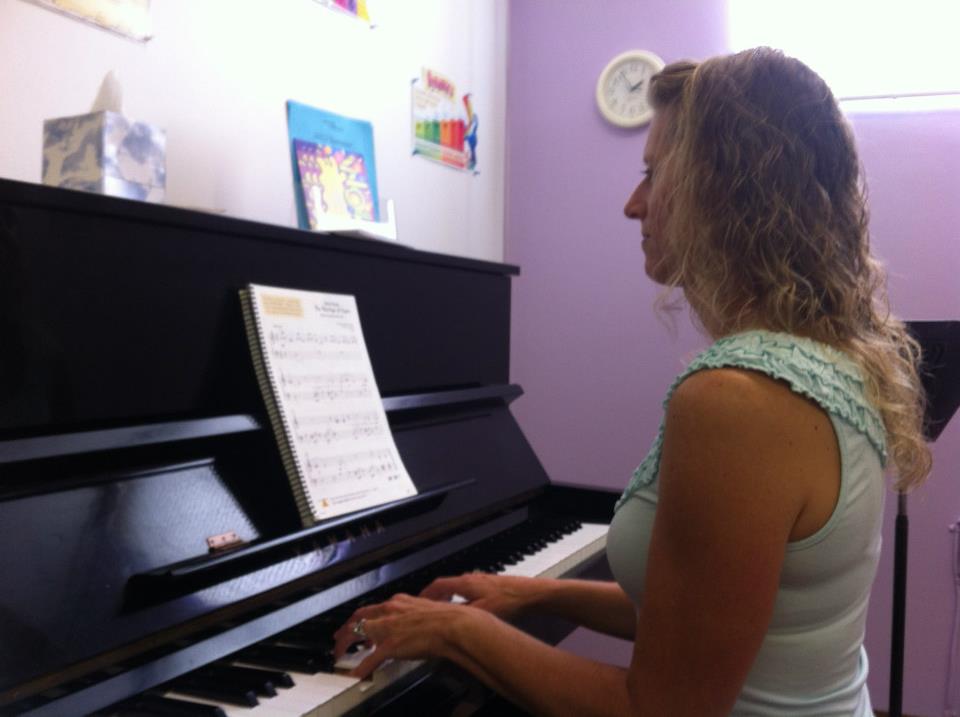A growing number of adults of all ages are taking up music, either for the first time or after an absence that sometimes spanned most of their adult lives. I am especially impressed when people who have never touched an instrument before become proficient players after just a few years. Contrary to popular myth, children do not necessarily learn faster than adults. In fact, my experience with adult beginners has been that they often will progress more quickly that their childhood counterparts. This makes sense. Adults want to be there and are eager to learn. Mature minds are able to grasp overall musical concepts more easily, and adults are more likely to practice steadily. Plus, adults enjoy the opportunity to learn because the rest of their lives are often spent “outputting” what they already know—working at jobs, teaching children, managing homes--rather than taking in something brand new themselves.
And there’s even more good news for adults who study music: Research shows studying music gives a boost to the brain, helping improve memory, verbal fluency, the speed at which we process information, planning ability, and other cognitive functions. Instrumental instruction contributes to enhancing cognition because the curriculum gets harder as it goes along, requires focused attention and concentration, and uses complex two-hand movements.
As if that weren’t enough, music also lights up our brains by requiring different cognitive functions to work together in a way few other activities do. Consider: playing an instrument requires a person to take in information (reading notes or hearing another musician), analyze that information (figure out which notes, chords, rhythms, and styles are involved), and respond (by playing the notes on the page or improvising a chorus with the band) all at the same time. There’s a lot going on!
The desire to keep our minds sharp throughout life is nothing new, and researchers have been testing different ways to do this for quite a while. But one of the big challenges they report is coming up with activities people want to keep doing after the study is over. A daily brain-training puzzle may not be scintillating enough to tear us away from our favorite Netflix show. Activities we truly enjoy and that make us feel accomplished, however, we are much more likely to continue. And this is where learning to play an instrument comes in. It’s fun. It feels good to get better at it. We can show it off.
So if you’ve always wanted to play, or get back to playing, let 2024 be your year! —Linda

